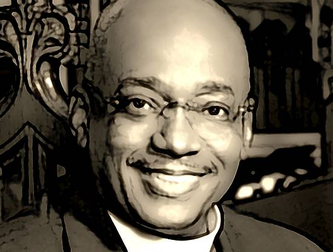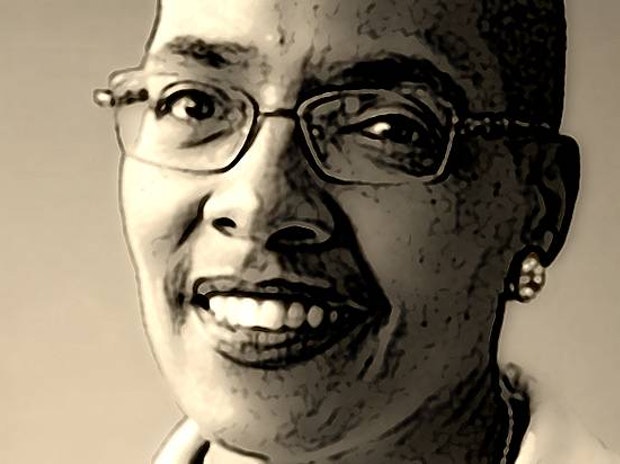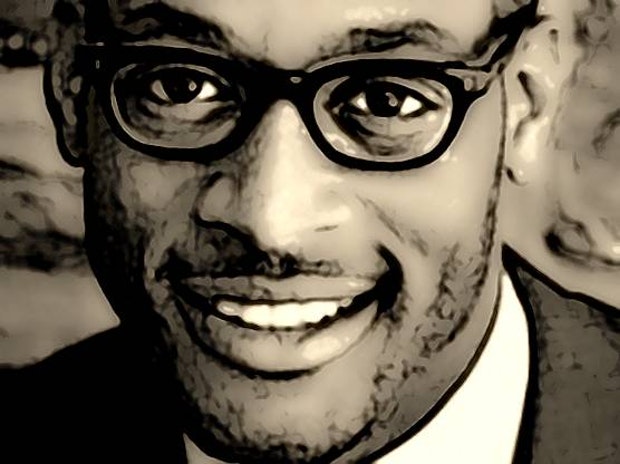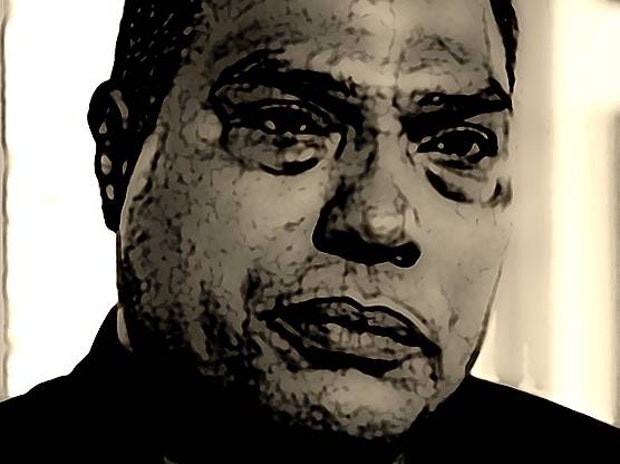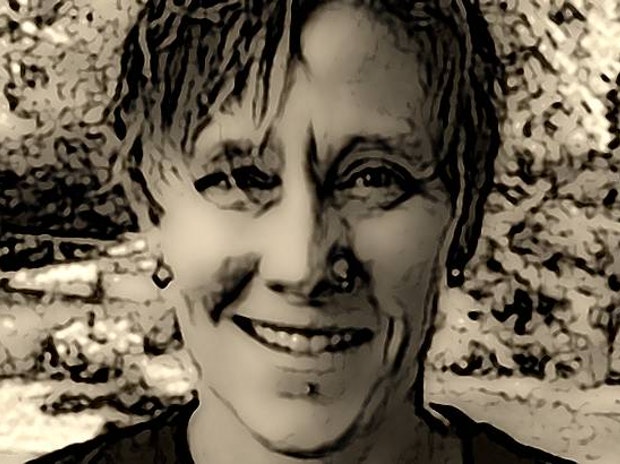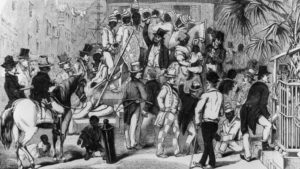
Left: Engraving of a slave auction in Charleston, South Carolina around 1860.
We just launched Modern-Day Slavery with Richard Lee For Individuals and For Groups
Many people think of slavery as a horrific part of history that ended in the nineteenth century. In the United States, the Thirteenth Amendment to the Constitution outlawed slavery in 1865, so it makes sense that in the U.S., at least, people would associate the end of slavery with the end of legal slavery.

Image of Chandramma, who worked as a slave in a silkworm factory in India. Photo credit: International Justice Mission.
Approximately 40 million people in our time, however, live in slavery, including an estimated 403,000 in the U.S. They are provided only with sufficient sustenance and shelter to keep them alive, and they are forced to stay through violence or threats of violence and/or psychological coercion.
Contemporary slavery may be chattel slavery, as trans-Atlantic slavery was — a relationship considered a form of ownership by the person with the upper hand. Far more often, however, it’s based in “loans” that coerce people into working without pay, or perhaps enslavement that is initially disguised as legitimate factory work. The language around it changes. The enslaved people don’t always even recognize their condition as slavery. But they are forced to act for another person’s benefit and intimidated, threatened, forced, or coerced into continuing to work, without remuneration, usually so that other people can make money. That’s slavery1.
In this course, Richard Lee, Director of Church Mobilization at International Justice Ministry, explains what modern-day slavery looks like, how people fall into it, and how to combat it. In his first lesson, Richard introduces modern-day slavery as a worldwide problem. In his second lesson, Richard offers the story of one child’s enslavement in the context of the broader picture of slavery. Richard’s third lesson discusses what the Bible tells us about how to respond to slavery, and his fourth lesson examines the best ways to combat slavery in the modern world.
This course is ideal for those who want to learn about slavery and the Christian call to social justice advocacy.

 We just launched
We just launched 
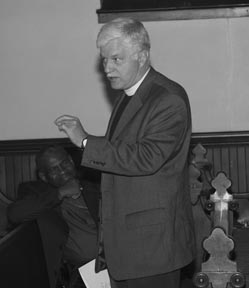
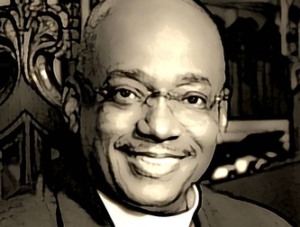 Spirituality and Racial Justice with Michael Curry
Spirituality and Racial Justice with Michael Curry 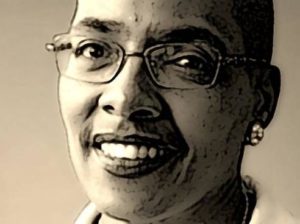 Whiteness and Racial Justice with Kelly Brown Douglas
Whiteness and Racial Justice with Kelly Brown Douglas 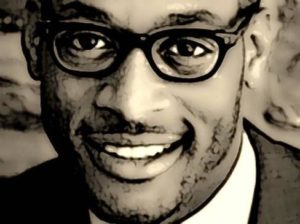 Theology and Racial Justice with J. Kameron Carter
Theology and Racial Justice with J. Kameron Carter 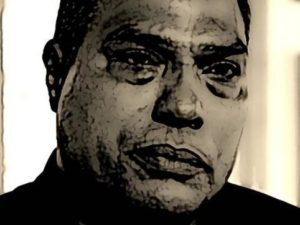 Racism and Racial Justice with Eduardo Bonilla-Silva
Racism and Racial Justice with Eduardo Bonilla-Silva 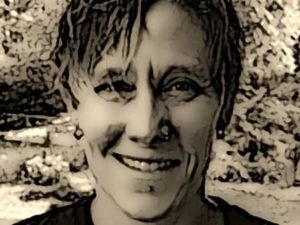 Reparation and Racial Justice with Jennifer Harvey
Reparation and Racial Justice with Jennifer Harvey 